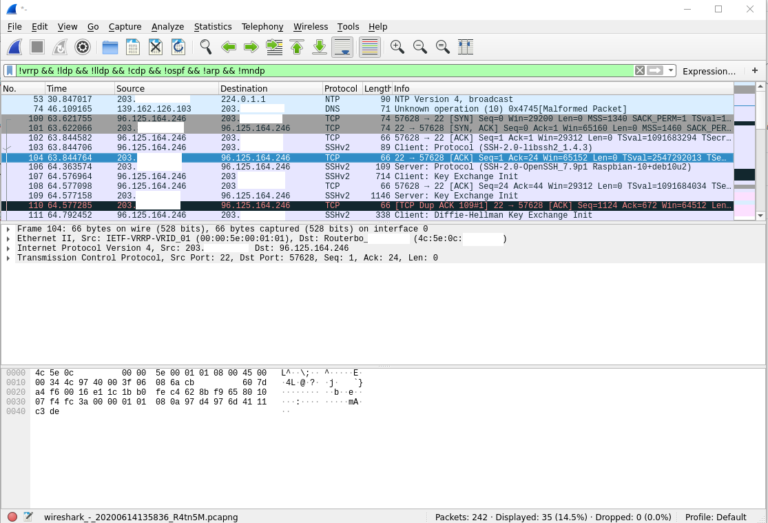
In that case, it's often easier to capture the network traffic in binary format to a file and then feed it into an analyzer to look over it.

In many cases however, it's not easy or possible to run wireshark directly on one of the hosts. The easiest way to do this is with wireshark which is a graphical network analysis tool. It's sometimes helpful to capture wire traffic between the client and server.

This debugging however can be rather chatty and have a significant impact on performance. Getting the info straight out of the ring buffer is generally preferred since that's lossless. Syslog will generally also pick up much of it, but if the rate of messages is rather large, syslog tends to drop some of them. These messages end up in the kernel ring buffer. # echo 'file fs/cifs/* +p' > /sys/kernel/debug/dynamic_debug/control # echo 'module cifs +p' > /sys/kernel/debug/dynamic_debug/control To enable debugging, echo a non-zero value into /proc/fs/cifs/cifsFYI. You can also turn it on on your own, but it's not generally helpful unless you're willing to dig into the code. If you ask for help on the list, one of the developers may ask you for this info.
#Wireshark linux mount code
The CIFS code contains a number of debugging statements that can be enabled.

A description of the CIFS server with which you're having trouble (Windows version if it's windows, samba version if it's samba, name of the appliance if it's something else).A clear, concise description of the problem.The mount.cifs version you're using ( mount.cifs -V).The kernel version you're using (the output of uname -r).When asking for help, it's best to provide some basic info: The best place to ask for help with Linux CIFS is on the linux-cifs mailing list.


 0 kommentar(er)
0 kommentar(er)
